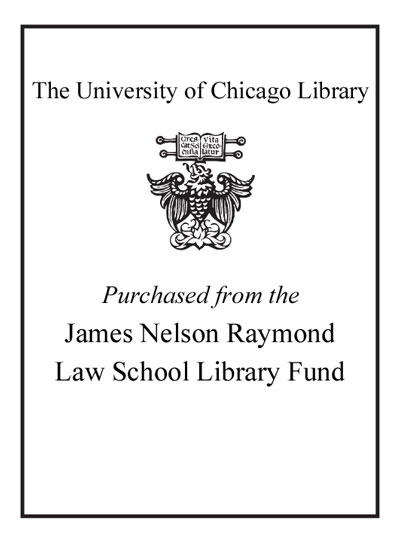Review by Choice Review
Heymann (law, Harvard Univ.) focuses on terrorism's role in exacerbating the inherent tension in a liberal democratic society between individual rights and public safety. Effectively arguing from what he labels a "commonsense strategy," Heymann suggests that a democratic society can maintain civil liberties and battle terrorism if reasoned judgment and preparation override anger and frustration. Noting that terrorism is likely to be permanent, he explores the tedious tasks of antiterrorism: criminal investigation, intelligence gathering, international cooperation, and "targeted" and "untargeted" prevention. For Heyman, most liberal democratic societies can be or are well prepared to combat terrorism without changing their political or philosophical basis. Yet, two major flaws undercut his message. The notion that his approach is "commonsense" is troubling as there is no consensus on what constitutes "commonsense." Secondly, his reliance on FBI analysis of terrorism in America, particularly domestic terrorism, fails to recognize the FBI's anti-Left, antiblack, antienvironment, antigay, and antifeminist biases. Thus, while the epidemic of American on American terrorism rages on, for Heymann (and the FBI) domestic terrorism is virtually nonexistent. Upper-division undergraduates and above. B. Grosscup; California State University, Chico
Copyright American Library Association, used with permission.
Review by Booklist Review
Harvard Law School professor Heymann distinguishes international from domestic terrorism and urges "commonsense" steps to minimize danger while protecting citizens' liberty and the nation's unity, recognizing that terrorist violence cannot be entirely eliminated. He describes special issues raised by international terrorism (and state-sponsored terrorism) and the challenges of deciding whether and how substantively to negotiate for hostages. A strategy to prevent domestic terrorism, he points out, demands intelligence gathering, which means agencies like the FBI will sometimes fail to distinguish adequately between political dissent and political violence. Heymann calls for a major intelligence focus on "NBC (nuclear, biological, and chemical) weapons," better coordination and information exchange between U.S. agencies and other countries, military response to state-sponsored terrorism, and managing public expectations: "We must learn never to react to the limited violence of small groups by launching a crusade in which we destroy our unity . . . or our trust" in U.S. institutions. --Mary Carroll
From Booklist, Copyright (c) American Library Association. Used with permission.
Review by Choice Review
Review by Booklist Review

